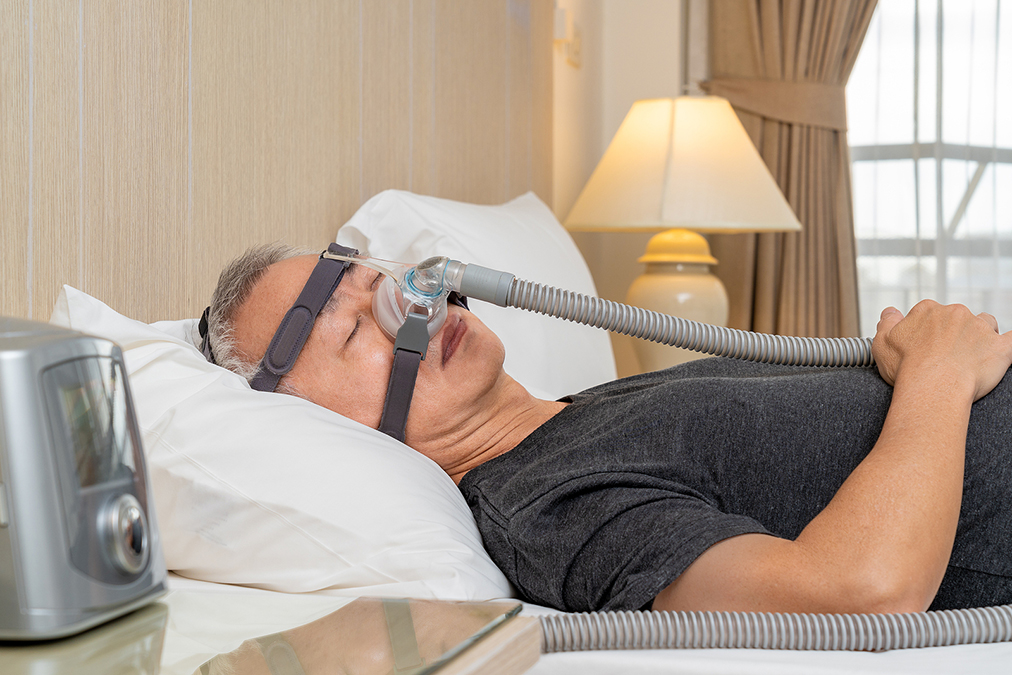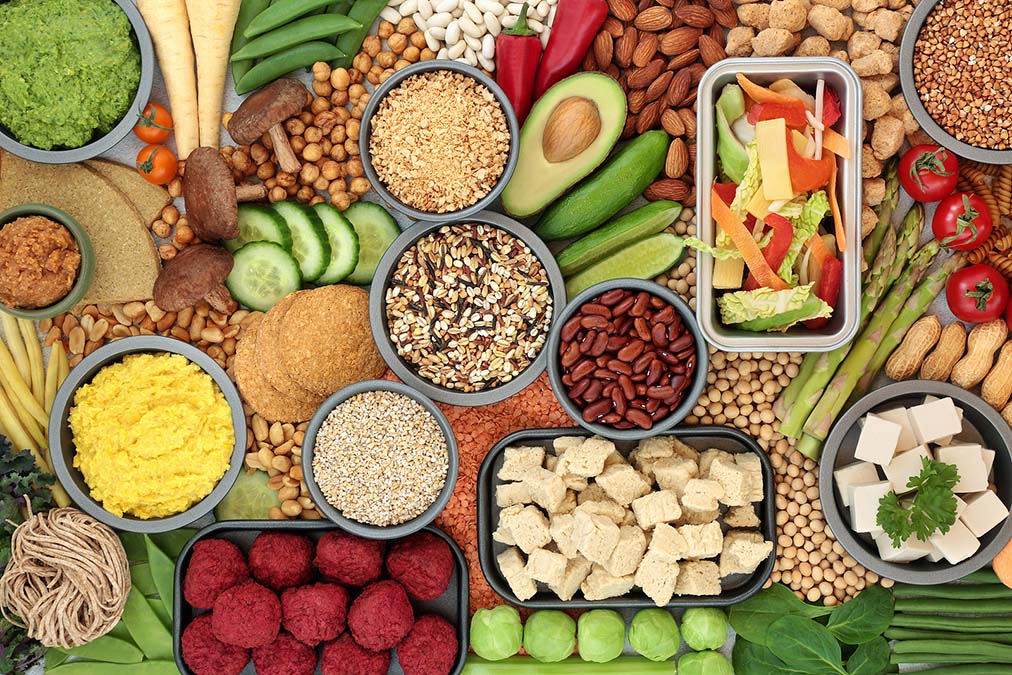
by Christian Goodman | Nov 27, 2022
Cardiovascular diseases (strokes and heart attacks) are the primary killers of elderly adults. Notably, over 60% of those with a cardiovascular disease also suffer from sleep apnea. While it often goes undiagnosed, you probably have it if you snore loudly. So, sleep...

by Scott Davis | Aug 25, 2022
If you want to cut your heart attack risk by doing something that doesn’t involve dieting, exercise, or giving up bad habits, then researchers at Johns Hopkins University School of Medicine have some good news for you. They’ve found a free, easy, and fun way to get a...

by Scott Davis | Jun 29, 2022
It’s been banned. People who used it were put in jail. Then they found out it’s a powerful medical plant. It helps with everything from easing pain to improving brain function. Well almost everything—because a new study in the journal Cell reveals that this plant also...

by Scott Davis | Jun 19, 2022
It’s a well-known fact that cholesterol plaque buildup in the arteries is dangerous. What fewer people understand is that more dangerous than the plaque buildup itself is when the plaque breaks off and shoots up into the brain (causing stroke) or blocks narrower heart...

by Scott Davis | Mar 29, 2022
Those who are overweight and out of shape are at a higher risk of heart attack. Those who are fit and slim have a low heart attack risk. This is a well-documented fact. Or is it? A new study in the journal Scientific Reports puts this fact to the test, and the results...

by Scott Davis | Feb 6, 2022
It is often the case that, when seeking optimal health, we are told we need to cut down on the foods we love. But a new study from New Zealand published in the Lancet found one ingredient that you can’t have too much of when eating for optimal health. In fact, those...








 Overcoming IBD
Overcoming IBD Multiple Sclerosis
Multiple Sclerosis Banishing Bronchitis
Banishing Bronchitis Gum Disease Gone
Gum Disease Gone Overcoming Onychomycosis
Overcoming Onychomycosis Neuropathy No More
Neuropathy No More The Prostate Protocol
The Prostate Protocol Brain Booster
Brain Booster
 Ironbound
Ironbound
 Solution for Shingles
Solution for Shingles
 The Bone Density Solution
The Bone Density Solution
 The Ultimate Healing Protocol
The Ultimate Healing Protocol
 The Parkinson's Protocol
The Parkinson's Protocol
 The Chronic Kidney Disease Solution
The Chronic Kidney Disease Solution
 Overthrowing Anxiety
Overthrowing Anxiety The Fatty Liver Solution
The Fatty Liver Solution The Hypothyroidism Solution
The Hypothyroidism Solution
 The End of Gout
The End of Gout The Blood Pressure Program
The Blood Pressure Program
 The Oxigized Cholesterol Strategy
The Oxigized Cholesterol Strategy
 Stop Snoring And Sleep Apnea Program
Stop Snoring And Sleep Apnea Program
 The Arthritis Strategy
The Arthritis Strategy The Vertigo & Dizziness Program
The Vertigo & Dizziness Program The 3-Step Diabetes Strategy
The 3-Step Diabetes Strategy Hemorrhoids Healing Protocol
Hemorrhoids Healing Protocol The Erectile Dysfunction Master
The Erectile Dysfunction Master Weight Loss Breeze
Weight Loss Breeze The IBS Program
The IBS Program The Insomnia Program
The Insomnia Program The Migraine and Headache Program
The Migraine and Headache Program The Neck Pain Solution
The Neck Pain Solution The Menopause Solution
The Menopause Solution The Ejaculation Master
The Ejaculation Master The TMJ Solution
The TMJ Solution The Acid Reflux Solution
The Acid Reflux Solution The Fibromyalgia Solution
The Fibromyalgia Solution The Psoriasis Strategy
The Psoriasis Strategy